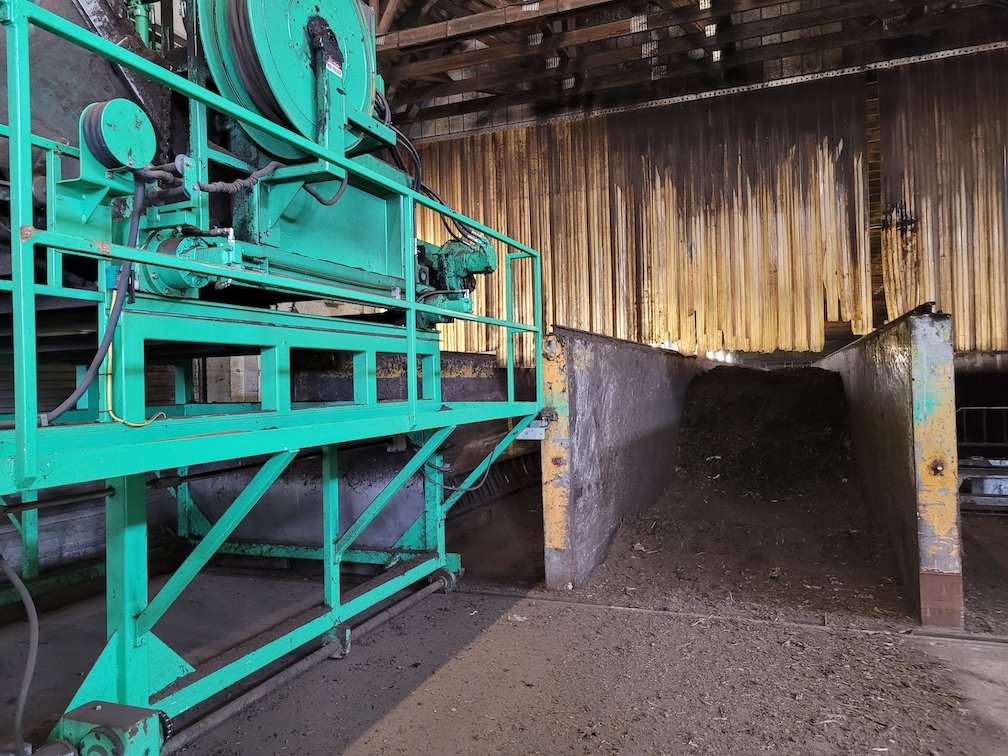State Data
Confidence in data for this state:
HIGH
2018 data unless noted.
Definitions
Terms used on this website and in data sets are defined & discussed here.
Bristol biosolids composting. Photo courtesy of NEBRA.
Bristol biosolids composting. Photo courtesy of NEBRA.
Bristol biosolids composting. Photo courtesy of NEBRA.
Bristol biosolids composting. Photo courtesy of NEBRA.
Woonsocket incinerator. Photo courtesy of Synagro.
State Statistics Dashboard
State Summary
● Rhode Island is the smallest state in the U.S., just 48 by 37 miles, N-S and E-W, respectively. It has relied on incineration of wastewater solids since major investments in wastewater treatment were made with large amounts of federal funding in the 1980s.
● The RI Department of Environmental Management regulates wastewater treatment and wastewater solids management, in conjunction with the U.S. EPA. In particular, RI DEM works with U.S. EPA Region 1 on overseeing and enforcing sewage sludge incinerator (SSI) air emissions limits, which became stricter in the 2010s. RI DEM routinely receives reports from water resource recovery facilities (WRRFs) and the SSIs regarding solids generation and management.
● The largest wastewater treatment utility in the state is the Narragansett Bay Commission (NBC), which owns and operates the Fields Point Wastewater Treatment Facility (with design flow of 77 MGD, average dry weather flow of 40 MGD) and the Bucklin Point WRRF (46 MGD design flow, 20 MGD average dry weather flow). Because of “The Ocean State’s” location, a major focus of RI WRRFs is nitrogen removal, to avoid marine water quality impacts. The NBC facilities have advanced treatment processes that keep nitrogen in wastewater effluent to 5 mg/l or less. Solids from the NBC facilities are incinerated offsite; however, at times in the past decade, some solids went to beneficial use or disposal out of state.
● Sewage sludge incinerators are at Cranston, operated by Veolia, and Woonsocket, operated by Synagro. These SSIs take solids from almost all Rhode Island WRRFs, as well as from out-of-state WRRFs. Almost all of RI solids are incinerated, most at these two SSIs.
● The only facility that puts biosolids to use as a soil amendment or fertilizer is Bristol, which has a composting operation. This high-quality compost is marketed by the compost company Agresource; most is used in landscaping and turf markets in Massachusetts.
● Some Rhode Island farms, especially the sod/turf farms in the center of the state, routinely use biosolids pellet fertilizer produced by Boston-area WRRFs, including the MWRA Deer Island Treatment Plant.







